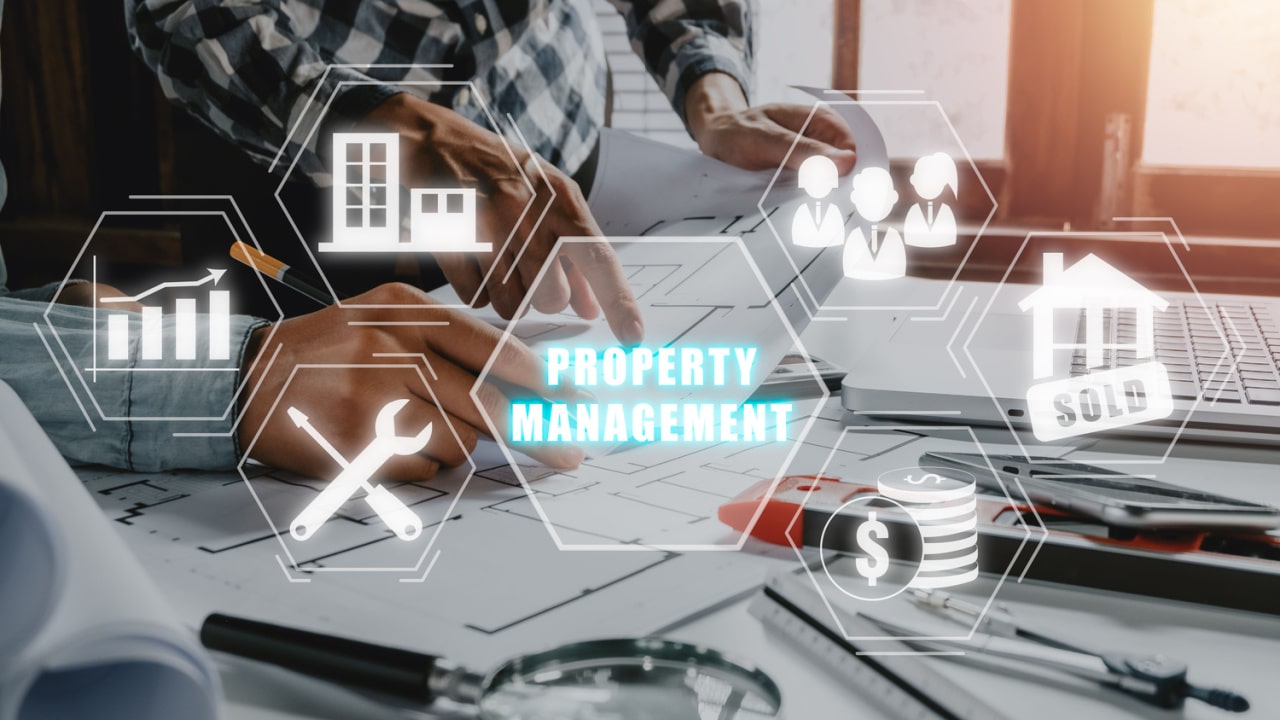Real estate investment is lucrative, if you know what you’re doing. But it’s also fraught with potential pitfalls that can turn an exciting opportunity into a financial nightmare. As an investor, you need to be savvy, well-informed, and cautious to avoid common mistakes that could cost you dearly.
1. Not Doing Enough Research

Jumping into a real estate investment without thorough research is like sailing into a storm without a map. I’ve seen many investors fail because they didn’t understand the market dynamics, property values, or legal implications. Always conduct detailed research on the property, the neighborhood, market trends, and future development plans in the area. Ignorance in real estate can be costly, so arm yourself with knowledge before making any decisions.
2. Overlooking Property Inspection

Never underestimate the importance of a professional property inspection. A property might look perfect on the surface but could be hiding serious structural issues or costly repairs. I recommend hiring a reputable inspector to uncover any potential problems. This step can prevent you from investing in a money pit and save you thousands in unforeseen expenses.
3. Miscalculating Costs

One of the biggest mistakes I see is underestimating the total cost of an investment. Considering the purchase price and renovation costs, property taxes, maintenance, insurance, and potential periods without rental income is crucial. Always prepare a comprehensive budget that includes a financial buffer for unexpected expenses. Careful planning helps you assess the true viability of your investment and avoid financial strain due to unforeseen costs.
4. Neglecting Tenant Screening

If you’re renting out your property, thorough tenant screening is essential. Overlooking this step or being too lenient can result in unreliable tenants who may default on rent or cause property damage. Implement a stringent screening process, including credit checks, references, and background checks. Attracting and retaining reliable tenants is critical for your real estate investment’s financial stability and success.
5. Underestimating the Importance of Location

Location is a critical factor in real estate investing. Choosing the wrong location can have significant negative impacts on your investment. Focus on areas with growth potential, good infrastructure, low crime rates, and convenient access to amenities. I always encourage investors to consider locations that are likely to see future developments or enhancements, as these can significantly increase property value over time.
6. Ignoring Legal and Tax Implications

Real estate investment involves complex legal and tax implications. Overlooking these aspects can result in legal complications and substantial financial losses. If you’re new to real estate investing, consult with real estate attorneys and tax professionals to make sure you comply with all relevant regulations and capitalize on potential tax benefits. This step is vital in safeguarding your investment and maximizing its profitability.
7. Lack of a Solid Plan

Diving into the real estate market without a clear plan can lead to confusion and misdirected efforts. Clearly define your investment goals, strategies, and exit plans. Whether you aim for long-term rental income or quick property flips, a well-thought-out plan provides a roadmap for your investment journey, helping you stay focused and make informed decisions.
8. Overleveraging Yourself

While leveraging increases your investment capacity, overleveraging can be risky, especially when market conditions fluctuate. Excessive debt might seem manageable initially, but it can become a burden, leading to financial strain. Always assess your financial situation realistically and maintain debt at levels that you can comfortably manage, even during market downturns or unexpected financial challenges.
9. Falling for Unrealistic Promises

Approach alluring offers that seem to good to be true with skepticism. It could easily be a real estate scam. Always conduct thorough due diligence, verify all information, and double-check the credentials of those you’re dealing with. Patience and thorough investigation are your best defenses against falling prey to deceptive and potentially costly real estate scams.
10. Letting Emotions Drive Decisions

In real estate investment, keep emotions in check. Emotional attachments to a property can cloud judgment and lead to poor investment decisions. Instead, focus on factual data like market trends, potential ROI, and long-term viability. Let logic and solid research guide your investment choices, rather than personal preferences or emotional impulses.
11. Not Diversifying Your Investments

Diversification is a fundamental principle in real estate investing. Concentrating all your resources in one property type or location increases risk. To mitigate this, spread your investments across various property types and geographical areas. Use this strategy to balance your portfolio, reducing the impact of market volatility and ensuring more consistent returns.
12. Ignoring Property Management

Effective property management is crucial in preserving and enhancing the value of your investment. Whether managing properties yourself or hiring a professional, ensuring regular maintenance, timely rent collection, and tenant satisfaction is vital. Good property management sustains your investment and can increase its value over time.
13. Skipping on Insurance

Don’t skimp on insurance coverage for protecting your real estate investment against unforeseen damages and legal issues. Without it, you’re exposed to significant financial risks. Ensure your property is covered by comprehensive insurance policies that safeguard against various potential liabilities and damages, providing peace of mind and financial security.
14. Being Impatient for Returns

Real estate investment is a long-term game. Expecting immediate returns can lead to frustration and impulsive decisions. It’s important to recognize that real estate markets grow and yield returns over time. Patience, coupled with a well-thought-out investment strategy, is essential for realizing the full potential of your real estate investments.
15. Not Keeping Up with Market Trends

The real estate market is always changing. Not keeping up with market trends can end in missed opportunities and poor investment decisions. Stay informed about economic factors, property trends, and shifts in the housing market. Regularly review and adjust your investment strategies to align with current market conditions. Being adaptable and informed helps you capitalize on opportunities and avoid downturns.
More From List Lovers…
Hidden Treasure: 21 Childhood Toys That Could Be Worth More Than You Think
Best U.S. States for Every Stage of Life, from Starting Out to Settling Down
The post 15 Costly Errors to Avoid in Real Estate Investing first appeared on List Lovers.
Featured Image Credit: Shutterstock / Chay_Tee.

